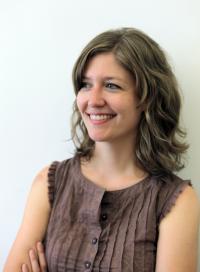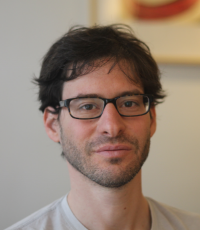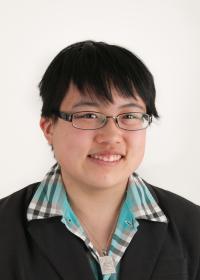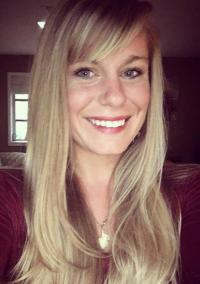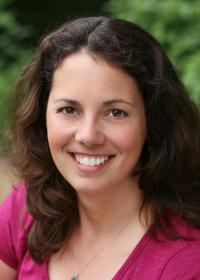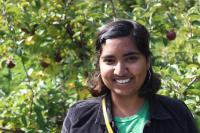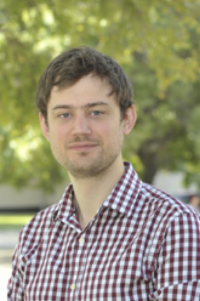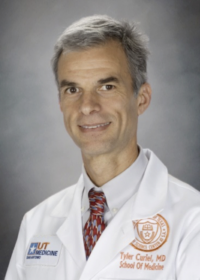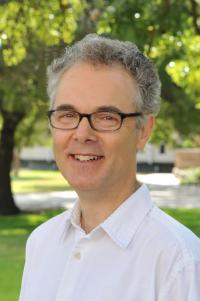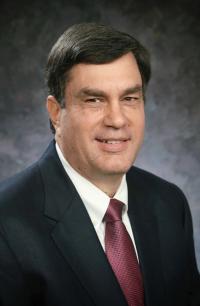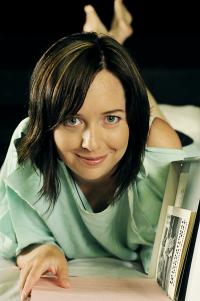NHScott Bolton
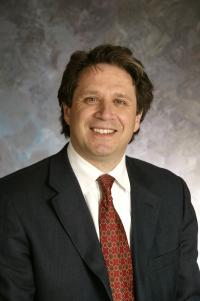
Associate vice president, Space Science and Engineering Division, Southwest Research Institute
Scott Bolton has more than 30 years of experience with NASA space physics and planetary astronomy programs since 1988. Before leading the Juno mission, he had extensive experience managing multiple science investigations on the Cassini and Galileo missions. He spent more than 24 years at the Jet Propulsion Lab working in mission design, instrument design and delivery, mission development, science planning, and science operations. In 2004 he became director of the Space Sciences Department at the Southwest Research Institute, where he managed the work of about 90 scientists and engineers. Bolton received his PhD in astrophysics from UC Berkeley in 1990. He has been honored with NASA’s Outstanding Leadership and Exceptional Achievement Medals, JPL Individual Awards for Exceptional Excellence in Leadership and Management and 24 NASA Group Achievement Awards. He is author or coauthor of more than 250 scientific papers. He is actively involved in educational outreach and has a private company, Artistic Sciences, Inc, that has produced a number of musical concerts, art exhibits, scientific documentaries and videos aimed at inspiring and motivating interest in scientific endeavors.
Speaking:
-
Monday, October 31st, 11:00 am to 12:00 pm

